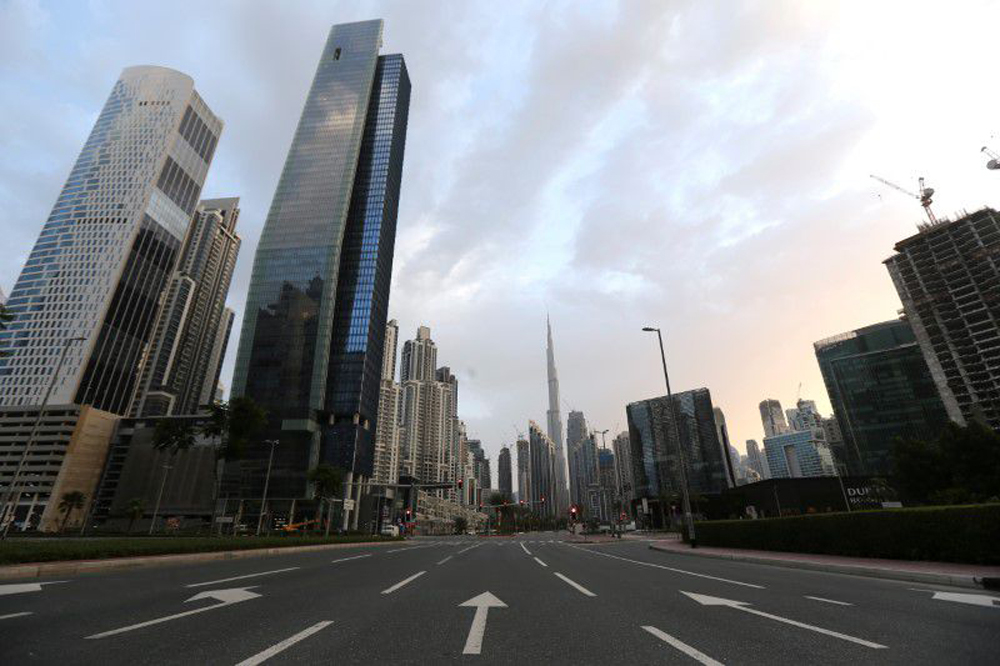The UAE recently announced an ambitious $8 billion plan for a stormwater runoff system, following unprecedented flooding that brought the desert state to a standstill. The rainwater drainage network, revealed by Dubai ruler H H Sheikh Mohammed bin Rashid Al Maktoum, is expected to be completed by 2033, with construction beginning immediately. It aims to cover all areas of Dubai and absorb over 20 million cubic meters of water per day, increasing the emirate’s rainwater drainage capacity by 700 percent and preparing it for future climate challenges. This network is set to be the largest of its kind in the region.
The region experienced record rains recently, leading to widespread flooding that disrupted daily life and hobbled Dubai airport, one of the world’s busiest hubs for international travelers. In response to this crisis, the UAE government has taken proactive steps to address the issue by launching this ambitious stormwater runoff system. By investing in infrastructure that can handle larger amounts of rainwater and improve drainage capacity, the UAE aims to safeguard its communities against future climate challenges and ensure that critical infrastructure like airports remain operational during extreme weather events.
Sheikh Mohammed emphasized the importance of this project in enhancing the emirate’s readiness to face future climate challenges. With global climate change leading to more frequent and intense rainfall events, it is crucial for cities like Dubai to have robust water management systems in place. By increasing the capacity of its rainwater drainage network and implementing sustainable water management practices, Dubai can better cope with extreme weather events and protect its residents and infrastructure from the impacts of flooding.
The ambitious $8 billion plan for a stormwater runoff system in Dubai reflects the UAE’s commitment to sustainable development and climate resilience. By investing in infrastructure that can mitigate the impacts of extreme weather events, the UAE is taking proactive steps to protect its communities and ensure the continuity of critical services like transportation and utilities. This project not only demonstrates the UAE’s leadership in addressing climate change but also sets a precedent for other cities in the region to prioritize climate resilience in their urban planning and development efforts.
As construction on the stormwater runoff system begins immediately, the UAE is making significant progress towards enhancing its climate readiness and adapting to the impacts of global climate change. By investing in sustainable water management infrastructure and increasing the capacity of its rainwater drainage network, Dubai is positioning itself as a leader in climate resilience and setting an example for other cities to follow. With the completion of this ambitious project by 2033, Dubai will be better equipped to handle future climate challenges and safeguard the well-being of its residents and infrastructure.











